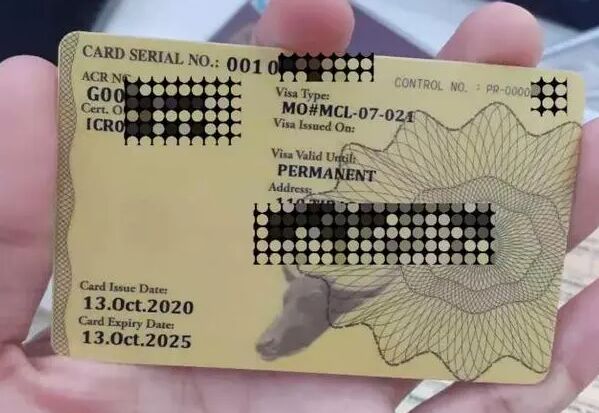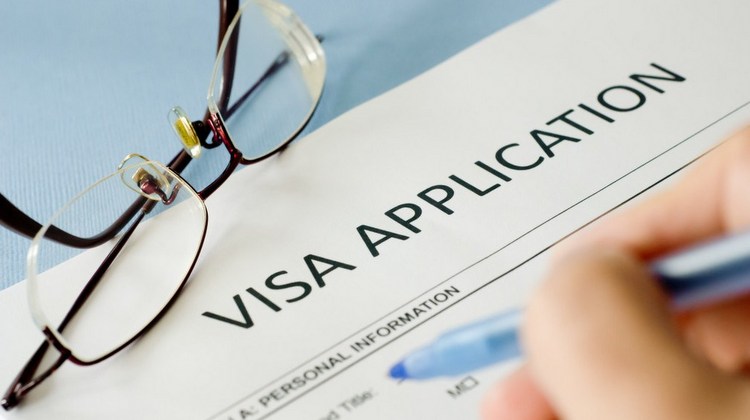The 13e Visa in the Philippines is a permanent resident visa granted to foreign nationals who are legally married to Filipino citizens.

What is the 13e Visa?
The 13e Visa is a specific type of immigrant visa in the Philippines designed for foreign nationals who are married to Filipino citizens. The main purpose of this visa is to grant permanent residency to those foreign spouses, allowing them to live, work, and enjoy the same benefits as any other resident in the country.
Definition and Purpose
The 13e Visa primarily aims to make it easier for foreign nationals married to Filipinos to settle in the country. Unlike tourist visas or temporary work visas, this visa provides permanent residency status. This allows the visa holder to enjoy a host of benefits, including the right to work without needing additional permits, to own property, and to access public and social services. It also alleviates the need for constant visa renewals, providing a sense of security and stability for families.
Legal Framework
The 13e Visa is governed by Philippine immigration laws and is managed by the Bureau of Immigration. Specifically, it is based on Republic Act No. 7837, which amended previous immigration laws to better accommodate foreign spouses of Filipino citizens. The act outlines all eligibility criteria, requirements, and privileges attached to this visa category. Anyone applying for or holding a 13e Visa is subject to the rules and regulations stated in this act and other related legal documents.
Who is Eligible for the 13e Visa?
Understanding the eligibility criteria for the 13e Visa can be crucial for anyone considering moving to the Philippines under this specific immigration route. Below are the critical eligibility criteria and details on which countries qualify.
Eligibility Criteria
- Marital Status: You must be legally married to a Filipino citizen.
- Age: There is typically no age restriction, although some conditions might apply to minors.
- Financial Stability: Evidence of financial capacity to support oneself and family may be required.
- Health Requirements: Medical examinations and clearances might be required to prove that you are not carrying any contagious diseases.
- Criminal Record: A clean police record is usually mandatory, and any history of criminal activity may disqualify an applicant.
- Previous Visas: Your immigration history, including any previous visas to the Philippines or other countries, may be reviewed.
- Sponsorship: The Filipino spouse usually acts as the sponsor and needs to meet certain criteria as well, including being a Filipino citizen and financially capable of supporting the foreign spouse.
Countries that Qualify
Generally, the 13e Visa is open to nationals from all countries, as long as they meet the aforementioned eligibility criteria. However, some exceptions might exist for countries that have strained diplomatic relations with the Philippines or are on particular watch lists. It’s advisable to consult the Bureau of Immigration or the nearest Philippine Embassy or Consulate to confirm whether your country qualifies for the 13e Visa.

Application Process
Applying for a 13e Visa involves several steps, from gathering necessary documents to attending interviews. Here’s a breakdown of what to expect during the application process.
Documents Required
- Marriage Certificate: A certified copy to prove that you are legally married to a Filipino citizen.
- Passport: A valid passport with at least six months’ validity from the date of entry into the Philippines.
- Financial Documents: Bank statements or other proofs of financial capacity.
- Medical Clearance: Required health certificates and possibly further medical tests.
- Police Clearance: A certificate showing you have no criminal records.
For more information on the documents needed, you can refer to the Bureau of Immigration’s official website.
Step-by-Step Guide
- Initial Consultation: Visit the nearest Philippine Consulate or Embassy to inquire about the process and confirm your eligibility.
- Document Preparation: Gather all the required documents mentioned above.
- Application Submission: Submit your application and documents to the Consulate, Embassy, or directly to the Bureau of Immigration if you are already in the Philippines.
- Pay Fees: Make the necessary payments for the application and processing fees.
- Interview: Attend a scheduled interview, usually with both spouses.
- Medical Tests: Undergo any required medical tests.
- Approval and Visa Issuance: After successful verification and interviews, the 13e Visa gets issued.
Processing Time
The typical processing time for a 13e Visa varies but generally falls between 2 to 4 months. However, delays can happen, especially if there are missing or incorrect documents.
Benefits of the 13e Visa
Holding a 13e Visa comes with a range of benefits that go beyond just staying in the country for extended periods.
Permanent Residency
With a 13e Visa, you gain permanent residency status. This means you don’t have to worry about visa renewals or exits and can live indefinitely in the Philippines.
Work and Business Opportunities
The 13e Visa allows you to work, invest, or start a business without needing additional permits or visas. This makes it easier to engage in economic activities and contribute to the community.
For more about business in the Philippines, check the Wikipedia page on the Economy of the Philippines.
Access to Public Services
As a permanent resident, you can avail yourself of certain public services like healthcare and education, though conditions and limitations may apply.

How to Maintain and Renew the 13e Visa
Once you have obtained the 13e Visa, it’s crucial to understand how to maintain your status and what’s required for renewals. Keeping your visa valid is an ongoing process, and the following sections detail the requirements and common pitfalls to avoid.
Reporting Requirements
Every 13e Visa holder is required to report to the Bureau of Immigration annually to maintain their permanent residency status. This reporting usually involves:
- Filling out an Annual Report form
- Providing updated identification like your passport and Alien Certificate of Registration (ACR)
- Paying a small annual report fee
For more on immigration laws and reporting, refer to the Wikipedia page on Immigration to the Philippines.
Renewal Process
Technically, a 13e Visa is a permanent resident visa, which means it doesn’t expire in the traditional sense. However, some documents associated with it, such as your ACR, do need renewal.
- Notification: Keep an eye on the expiration dates of your supporting documents.
- Document Collection: Gather the necessary renewal documents, often similar to your initial application documents.
- Application: Submit the renewal application form along with the required documents.
- Payment: Pay the renewal fees.
- Verification: Attend any interviews or assessments as needed.
- Issuance: Receive your updated ACR or other documents.
Common Mistakes to Avoid
Having your visa lapse due to oversight can be both costly and stressful. Here are some common mistakes to avoid.
Incomplete Documentation
Make sure to double-check all your documents before submission. Incomplete or incorrect documents can lead to delays or even application denials. Keep originals and copies of all your papers for safekeeping.
Missing Deadlines
Ignoring or missing deadlines, especially for the annual reporting, can jeopardize your permanent resident status. Mark these dates on your calendar and set reminders to ensure you comply on time.